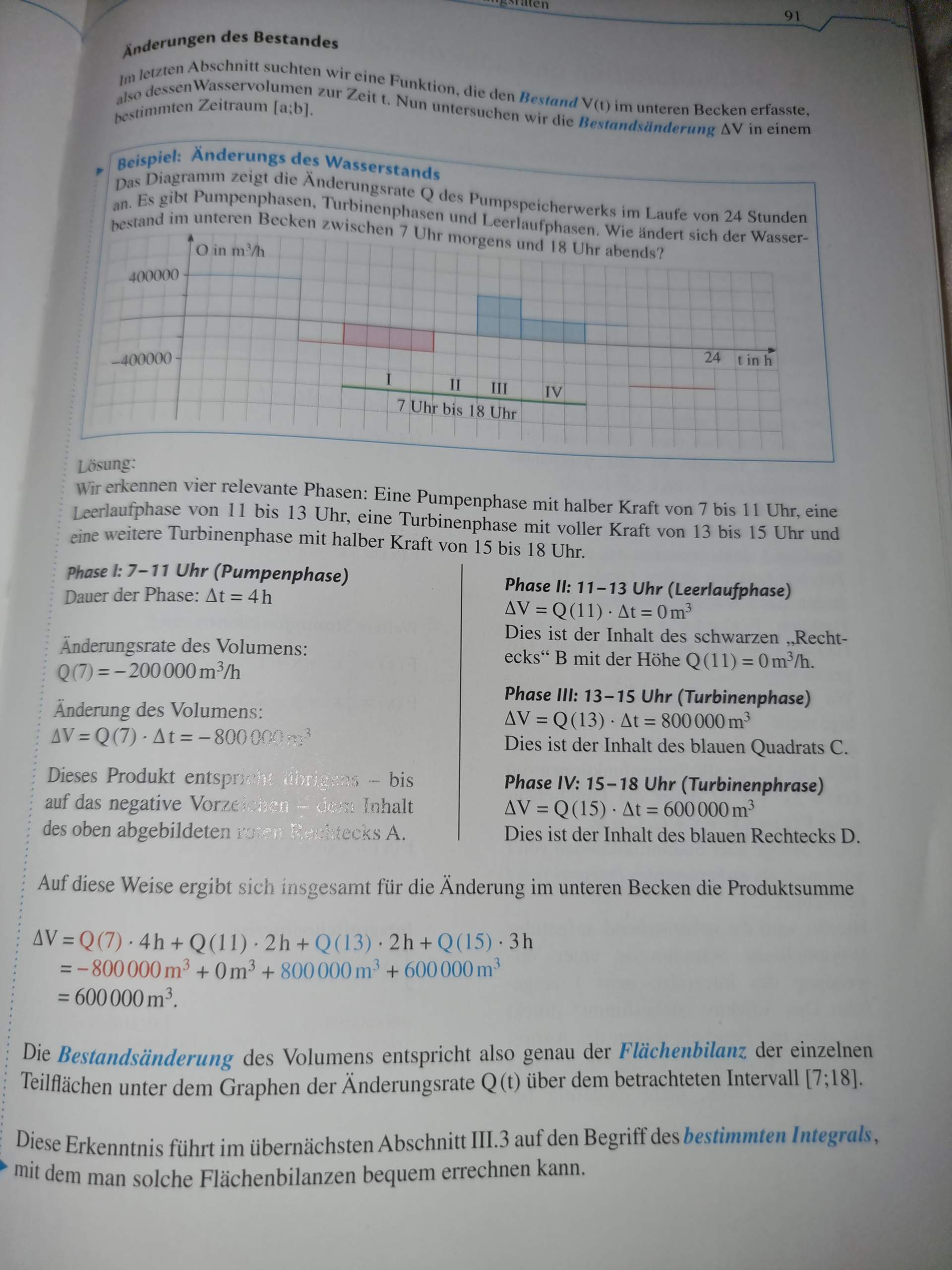European Car Market Slowdown: Economic Uncertainty Dampens Sales

Table of Contents
Inflation and Reduced Consumer Spending
Impact of rising prices on car purchases
Inflation is eroding purchasing power across Europe, making new and even used cars less affordable for many consumers. This is further compounded by higher interest rates, which increase the cost of financing and make car loans significantly more expensive. The combined effect is a substantial reduction in consumer demand.
- Increased cost of living forces prioritization of essential spending, leaving discretionary purchases like new cars at the bottom of the list.
- Reduced disposable income limits the ability of many households to afford the significant outlay required for a new vehicle.
- Higher interest rates make car loans less attractive, extending the affordability problem beyond the initial purchase price.
Shift in consumer demand towards used cars
As new car prices rise, consumers are increasingly turning to the used car market as a more affordable alternative. This surge in demand is pushing up prices in the second-hand market, creating a ripple effect throughout the automotive ecosystem.
- Increased demand for used cars leads to price inflation in the second-hand market, impacting affordability for those seeking a more budget-friendly option.
- The shortage of new cars, partly due to production constraints, further contributes to the increased demand for used vehicles.
- This shift significantly impacts used car dealerships and their pricing strategies, as they navigate the changing dynamics of supply and demand.
Energy Prices and Supply Chain Disruptions
Impact of energy crisis on car manufacturing
The ongoing energy crisis in Europe is severely impacting the production of new vehicles. Higher energy costs increase manufacturing expenses, forcing car manufacturers to cut back on production to maintain profitability. This production shortfall contributes directly to the European car market slowdown.
- Increased manufacturing costs reduce profitability for car manufacturers, potentially leading to job losses and further impacting the industry.
- Energy-intensive processes, such as metal smelting and painting, are particularly affected by high energy prices.
- The energy crisis exacerbates existing supply chain disruptions, further hindering the production and timely delivery of new cars.
Concerns about fuel efficiency and electric vehicle adoption
Rising fuel prices are pushing consumers towards more fuel-efficient vehicles, leading to increased interest in electric vehicles (EVs). However, the high upfront cost of EVs and the limited availability of charging infrastructure remain significant barriers to widespread adoption.
- Growing interest in electric vehicles is evident, but the slow adoption rate is primarily due to cost and infrastructure limitations.
- Increased demand for hybrid vehicles is observed as a compromise between fuel efficiency and cost, offering a more accessible alternative to pure EVs.
- Government incentives and policies aimed at promoting electric vehicle adoption are playing a crucial, albeit still insufficient, role in accelerating the transition.
Geopolitical Uncertainty and Economic Outlook
Impact of the war in Ukraine and global economic slowdown
The ongoing war in Ukraine has created significant geopolitical uncertainty, disrupting global supply chains and eroding investor confidence. The risk of a wider economic recession further dampens consumer sentiment and reduces overall spending, including on big-ticket items like cars.
- Disruption of supply chains due to geopolitical instability adds to existing production challenges and delays.
- Decreased investor confidence impacts car manufacturing investments, potentially slowing down innovation and technological advancements.
- The impact of a potential recession on consumer spending would further exacerbate the already slowing European car market.
Government policies and their influence on the market
Government policies play a crucial role in shaping the automotive market. Policies related to emissions standards, subsidies for electric vehicles, and economic stimulus packages all influence demand and investment in the automotive sector.
- Analysis of government policies reveals their significant effect on the European car market, both positively and negatively.
- Impact of subsidies and incentives on electric vehicle sales varies widely across different European countries.
- The role of government regulation in shaping the future of the automotive industry is paramount, especially concerning sustainable and emission-reducing technologies.
Conclusion
The European car market slowdown is a multifaceted issue driven by a combination of inflation, escalating energy prices, geopolitical instability, and broader economic concerns. Understanding these interconnected challenges is crucial for both car manufacturers and consumers. To navigate this difficult period, close monitoring of economic indicators, adaptation to evolving consumer preferences, and proactive engagement with government policies are crucial steps to mitigate the effects of the current European car market slowdown. Stay informed on the latest developments to make informed decisions in this dynamic market.

Featured Posts
-
 Wwii Homecoming The Daywatch Account Of Pvt James Loyds Journey
May 28, 2025
Wwii Homecoming The Daywatch Account Of Pvt James Loyds Journey
May 28, 2025 -
 Nba 2 K25 Final Update Player Ratings Surge Before Playoffs
May 28, 2025
Nba 2 K25 Final Update Player Ratings Surge Before Playoffs
May 28, 2025 -
 Jennifer Lopez Set To Emcee American Music Awards In Las Vegas
May 28, 2025
Jennifer Lopez Set To Emcee American Music Awards In Las Vegas
May 28, 2025 -
 American Music Awards Las Vegas How To Get Free Tickets
May 28, 2025
American Music Awards Las Vegas How To Get Free Tickets
May 28, 2025 -
 April Outlook Update Whats New This Month
May 28, 2025
April Outlook Update Whats New This Month
May 28, 2025
Latest Posts
-
 Pflege Im Bodenseekreis Highlights Der Ersten Pflegekonferenz
May 31, 2025
Pflege Im Bodenseekreis Highlights Der Ersten Pflegekonferenz
May 31, 2025 -
 Bodenseekreis Erste Pflegekonferenz Wichtige Informationen Fuer Teilnehmer
May 31, 2025
Bodenseekreis Erste Pflegekonferenz Wichtige Informationen Fuer Teilnehmer
May 31, 2025 -
 Aktuelle Entwicklung Des Bodensee Wasserstands Anstieg Oder Rueckgang
May 31, 2025
Aktuelle Entwicklung Des Bodensee Wasserstands Anstieg Oder Rueckgang
May 31, 2025 -
 Bodensee Wasserstand Aktuelle Entwicklung Und Zukuenftige Aussichten
May 31, 2025
Bodensee Wasserstand Aktuelle Entwicklung Und Zukuenftige Aussichten
May 31, 2025 -
 Steigt Der Wasserstand Des Bodensees Aktuelle Pegelstaende Und Prognosen
May 31, 2025
Steigt Der Wasserstand Des Bodensees Aktuelle Pegelstaende Und Prognosen
May 31, 2025
